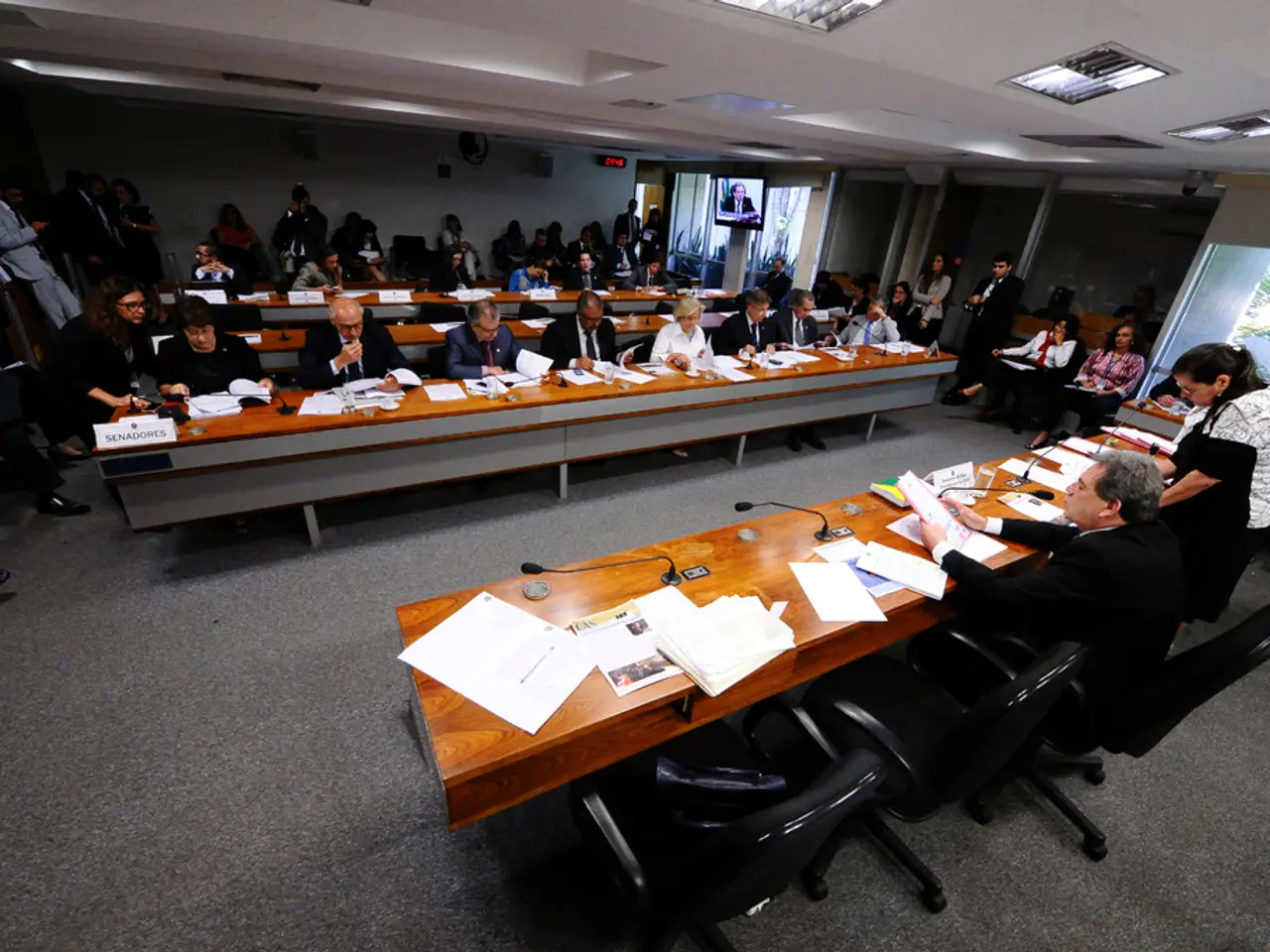Elon Musk's Starlink seeks a R2 billion investment to bypass BEE challenges
In a significant development, Elon Musk's satellite internet company, Starlink, has announced plans to invest approximately R2 billion ($112.7 million) in South Africa and the Southern African Development Community (SADC) region. The investment, aimed at infrastructure development, includes land leasing, fibre deployment, energy sourcing, security, and system maintenance.
However, Starlink's strategy to comply with South Africa's Black Economic Empowerment (BEE) laws regarding fibre connectivity has sparked controversy. Traditionally, these laws require at least 30% ownership by historically disadvantaged South Africans for telecom licences. To avoid direct equity ownership, Starlink is proposing to meet BEE obligations through Equity Equivalent Investment Programmes (EEIPs).
Communications Minister Solly Malatsi has suggested this alternative approach, which allows companies to meet BEE requirements through investments in local businesses, education, job creation, or supporting Black-owned suppliers. Starlink intends to collaborate with local South African firms for critical components such as fibre network deployment, maintenance, and other infrastructure services, thereby fostering Black economic participation indirectly.
This novel approach has been met with criticism. Critics argue that such equity equivalent routes risk undermining the spirit of BEE laws and could unfairly advantage Starlink over other companies that have complied with direct equity requirements. There is political friction around whether Starlink should receive flexible treatment given other satellite operators have complied under existing rules.
If approved, Starlink's investment could significantly boost fibre and internet infrastructure across Southern Africa, potentially improving broadband access in underserved areas. However, the regulatory process is slow and complex, with licensing approval unlikely before late 2027 under current timelines. There is some hope for expedited approval before the G20 summit in Johannesburg in November 2025, which Starlink is using as a high-profile platform to showcase Musk's return to his birthplace with a transformative digital project.
The ongoing debate highlights the tension in South Africa between fostering transformation through ownership laws and attracting critical global technology investment. Starlink's strategy, while innovative, remains contested and could shape the future of foreign investment in the country.
- The novel approach proposed by Starlink, using Equity Equivalent Investment Programmes (EEIPs) to comply with South Africa's Black Economic Empowerment (BEE) laws, could potentially shape the future of foreign technology investment in the country.
- If Starlink's investment in South Africa and the Southern African Development Community (SADC) region, including land leasing, fibre deployment, energy sourcing, security, and system maintenance, is approved, it could significantly boost technology infrastructure and potentially improve broadband access in underserved areas.



